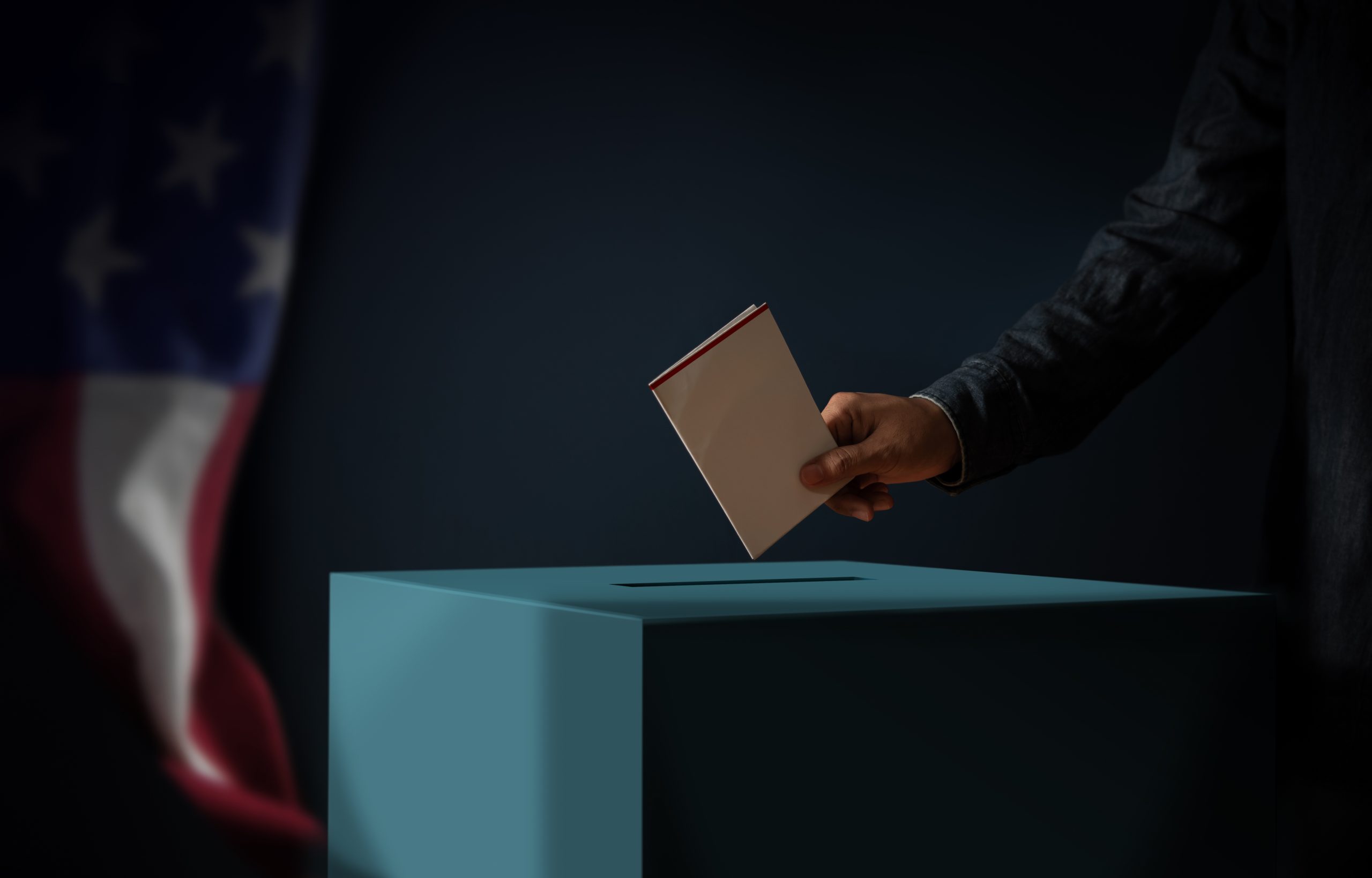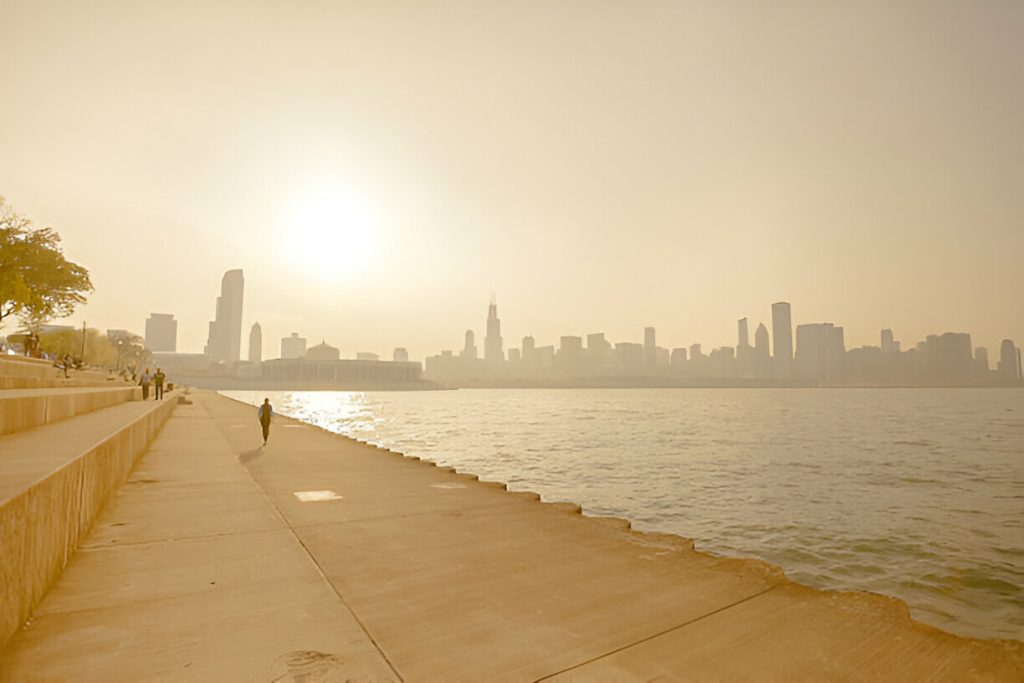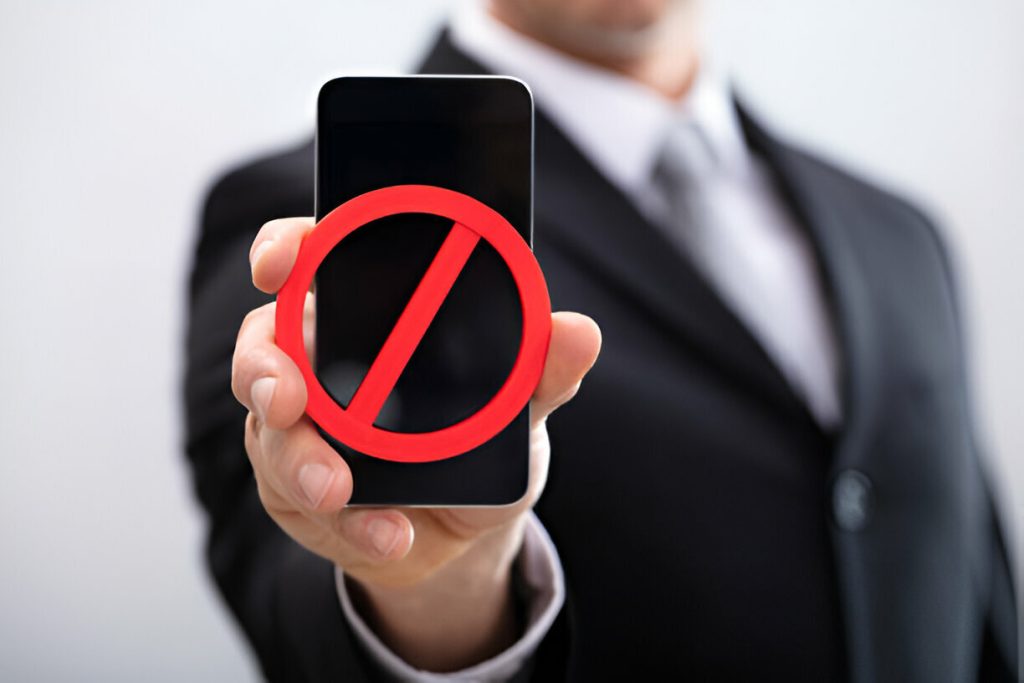Have you ever wondered why US elections are like a Tuesday tradition? Well, the choice of Tuesday as election day goes way back and has some interesting reasons behind it. Just like understanding historical voting traditions helps shape informed decisions, finding your forever home requires careful research and planning to make the best long-term choice. In this article, we’ll dive into the historical background and explore why this unique tradition came to be. You’ll also discover how this choice impacts voter participation and why some people are suggesting changes to make voting more accessible for everyone. So, get ready to uncover the secrets behind why US elections have always been held on a Tuesday.
Historical Background and Factors
The historical background and factors that influenced the choice of Tuesday as the day for US elections revolve around considerations of uniformity, agricultural practices, and logistical constraints. Factors influencing the decision included the historical significance of voter accessibility, the election tradition, and the fact that the United States was primarily an agricultural society at the time. Early November was chosen as the ideal time to hold elections because the harvest season was over and the weather was still mild. Sunday was not considered due to religious observances, and Wednesday was a market day for farmers. Monday and Thursday were not suitable as travel days. Therefore, Tuesday emerged as the best option considering these constraints. Additionally, November 1 was avoided as election day due to conflicts with All Saints Day and the need to settle books for the previous month. While the choice of Tuesday has faced criticism in modern times due to changing circumstances and voting practices, it remains the designated day for US elections. Efforts to move elections to the weekend or make election day a federal holiday have not been successful, but alternative voting methods such as early voting and voting by mail have increased accessibility and improved voter participation.
Avoiding November 1
To avoid conflicts with All Saints Day, the decision was made to specify the Tuesday after the first Monday in November as the designated day for US elections. November 1, also known as All Saints Day, was considered unfavorable for election day due to its religious significance for some Christians. To prevent election day from falling on November 1, the Tuesday after the first Monday was chosen as an alternative. This specification ensured that election day would always fall between November 2 and November 8. By avoiding November 1, the historical significance of religious observances and the need to accommodate various traditions were taken into account. This choice has become an election tradition in the United States, ensuring that elections are held on a consistent date while respecting religious observances. Although the reasons for avoiding November 1 may not have the same relevance today, the tradition of holding elections on the Tuesday after the first Monday in November continues to be followed.
Changing Circumstances
As times have changed, the choice of Tuesday for US elections has become increasingly challenging. The traditional significance of Tuesday as election day has diminished over time, and the challenges of voting on Tuesdays have become more apparent. Here are some key points to consider:
- Efforts to increase accessibility: There have been ongoing efforts to increase accessibility and make it easier for people to vote. This includes initiatives such as early voting and voting by mail, which provide alternative options for people who may find it difficult to vote on a Tuesday.
- Impact on voter turnout: The choice of Tuesday as election day can have an impact on voter turnout. Many people work on Tuesdays throughout the year, making it difficult for them to take time off to vote. This can result in lower voter participation and a decrease in overall voter turnout.
- Alternative voting methods: The introduction of alternative voting methods, such as early voting and voting by mail, has helped address some of the challenges of voting on Tuesdays. These methods provide more flexibility for voters and allow them to cast their ballots at their convenience.
Despite these efforts, challenges still remain. Potential solutions to address the challenges of voting on Tuesdays include moving elections to the weekend or making election day a federal holiday. These solutions would help ensure that more people have the opportunity to vote and participate in the democratic process.
Changing Voting Practices
Improving accessibility and convenience has led to significant changes in voting practices. As the traditional significance of Tuesday as election day has diminished over time, alternative methods such as early voting and voting by mail have gained popularity. These changes have helped improve voter participation by making the voting experience more flexible and accommodating. Let’s take a look at how these practices compare:
| Voting Method | Description | Benefits |
|---|---|---|
| Early Voting | Allows voters to cast their ballots before election day at designated polling locations. | Provides flexibility for those who may have scheduling conflicts on election day. It also spreads out the voting process, reducing long lines and wait times. |
| Voting by Mail | Allows voters to receive their ballots by mail and return them by a specified deadline. | Offers convenience for those who may have difficulty traveling to polling places. It also provides more time for voters to research and consider their choices. |
| Weekend Voting | Holding elections on weekends, such as Saturday and Sunday. | Gives working individuals more opportunity to vote without interfering with their weekday schedules. It also allows families to vote together and engage in the democratic process as a unit. |
| Federal Holiday | Making election day a national holiday, giving citizens a day off to vote. | Eliminates the barrier of work obligations and provides dedicated time for voters to participate in the electoral process. It also promotes civic engagement and awareness. |
These changes in voting practices aim to address the declining voter turnout rates by making voting more accessible and convenient for all citizens. By embracing early voting, voting by mail, weekend voting, or making election day a federal holiday, we can foster a more inclusive democracy where every eligible voter has the opportunity to exercise their right to vote.
Impact on Voter Participation
Boosting voter participation is crucial for a thriving democracy, and understanding the impact of holding elections on Tuesdays can shed light on the challenges faced by many potential voters. The choice of Tuesday as election day can have significant implications for voter turnout and accessibility barriers. Here are three key points to consider:
- Voter turnout: Holding elections on Tuesdays can make it difficult for many people to vote. With work and other commitments, individuals may find it challenging to prioritize voting on a weekday. This can result in lower voter turnout rates and a potential disenfranchisement of certain groups.
- Accessibility barriers: The traditional choice of Tuesday as election day may pose accessibility barriers for individuals who face transportation challenges or have limited mobility. This can disproportionately affect marginalized communities and contribute to voter suppression.
- Voting methods: While efforts to move elections to the weekend or make election day a federal holiday have been proposed, alternative voting methods have emerged to improve voter participation. Early voting and voting by mail have made the voting experience more convenient and flexible, reducing the significance of a single election day.
History and Reasons for Voting
To understand the history and reasons for voting, it is important to explore the origins of Election Day and the factors that influenced its establishment on Tuesdays. The choice of Tuesday as Election Day can be traced back to the 19th century when the United States was primarily an agricultural society. November was chosen as the month for elections because the harvest season had ended, and the weather was still mild. Tuesday was selected to accommodate the travel constraints of the time. Many people lived far away from the nearest polling place and needed time to travel. Monday was designated as the travel day, allowing individuals to reach their destination, and Wednesday as the return day. Additionally, religious observances played a role in the decision-making process. Sunday was not considered a viable option for elections due to church attendance, and Wednesday was often a market day for farmers. Tuesday emerged as the most suitable day considering these factors.
Although the choice of Tuesday made sense in the 19th century, it presents challenges in modern times. With less than 2 percent of Americans employed in agriculture, the traditional reasons for voting on Tuesdays no longer hold the same significance. Many people work on Tuesdays throughout the year, making it difficult for them to find the time to vote. As a result, voter turnout rates have declined over time. There have been suggestions of moving elections to the weekend or making Election Day a federal holiday to facilitate voting. However, these proposals have not been successful in bringing about significant change. Instead, alternative voting methods such as early voting and voting by mail have become more popular, reducing the reliance on a single voting day. While the significance of Tuesday as Election Day has diminished, the impact of voting remains crucial to the democratic process.
Importance of Election Day
Election Day holds significant importance as it allows you, as a citizen, to exercise your right to vote and have a say in choosing your leaders. This democratic process is a fundamental aspect of our society, and Election Day serves as a reminder of the power and responsibility we hold as voters. Here are three key points that highlight the importance of Election Day:
- Voter Turnout: Election Day serves as a crucial opportunity to engage citizens in the political process. However, voter turnout rates have declined over time. This poses a challenge to our democracy, as the voice of the people may not be fully represented. Efforts to increase voter participation, such as early voting and voting by mail, have helped improve accessibility and turnout.
- Presidential Election Impact: The outcome of the presidential election has a significant impact on our nation and the world. It shapes policies, affects international relations, and determines the direction of our country. By participating in Election Day, you have the power to influence the outcome and contribute to the future of our nation.
- Civic Holiday Proposals: Some have proposed making Election Day a federal holiday to facilitate voting and ensure that all citizens have the opportunity to participate. This would address the accessibility challenges faced by those who may have work or other commitments on Election Day. By creating a civic holiday, we can prioritize the importance of voting and encourage greater participation in our democratic process.
Modern Changes in Voting
Modern voting practices have undergone significant changes in recent years. Accessibility improvements have been made to ensure that more people have the opportunity to vote. One proposed change is weekend voting, which would allow individuals who work during the week to have a designated day to cast their ballots. Another suggestion is to make Election Day a federal holiday, giving everyone the day off to vote without the constraint of work obligations. Early voting has also become more prevalent, allowing individuals to cast their votes in the days leading up to Election Day. This eliminates the need to rush to the polls on a specific day. Additionally, voting by mail has become increasingly popular, providing convenience and flexibility for those who may have difficulty physically going to a polling location. These changes in voting practices have aimed to improve accessibility and increase voter participation. While the tradition of voting on the first Tuesday after the first Monday in November has continued, these modern changes have made the voting experience more inclusive and convenient for all.
Reason for Choosing November
The reason November was chosen for holding US elections on Tuesday is rooted in the historical circumstances and needs of the agrarian society in the 19th century. The choice of November as the election month was driven by several factors:
- Impact on farmers: Most citizens in the 1800s worked as farmers and lived far from their polling places. November was selected as the best choice because it was after the harvest season, allowing farmers to leave their farms without worrying about their crops. This ensured that they could participate in the elections without any hindrance.
- Weather considerations: The timing of the election in November was influenced by the favorable weather conditions. The harvest work was complete, and the weather was still mild before the onset of winter in December. This made it easier for people, especially those living in rural areas, to travel to the nearest polling place.
- Accessibility for rural voters: Many people lived far away from voting locations and needed time to travel. Holding elections on Tuesdays allowed them to travel on Monday and return home by Wednesday. This provided a two-day window for those living in rural areas to reach the polling places, ensuring accessibility for all.
Impact of Voting on Presidential Election
When voting on the designated Tuesday after the first Monday in November, your participation plays a crucial role in determining the outcome of the presidential election. The impact of voting on the presidential election can be seen in several key areas. Firstly, voter turnout is a significant factor. The more people who exercise their right to vote, the more representative and reflective the election results will be of the population’s preferences. Additionally, the electoral votes that each state contributes to the overall count are determined by the voting choices of its citizens. This allocation of electoral votes directly impacts the chances of the presidential candidates winning the election. The democratic process relies on the active participation of voters to ensure that the voices of the people are heard and respected. By casting your vote, you are actively contributing to the democratic process and shaping the future of the country. Your voting impact may determine which candidate receives the necessary support to become President of the United States. Therefore, it is essential to recognize the significance of your vote and exercise your right to vote on Election Day.




